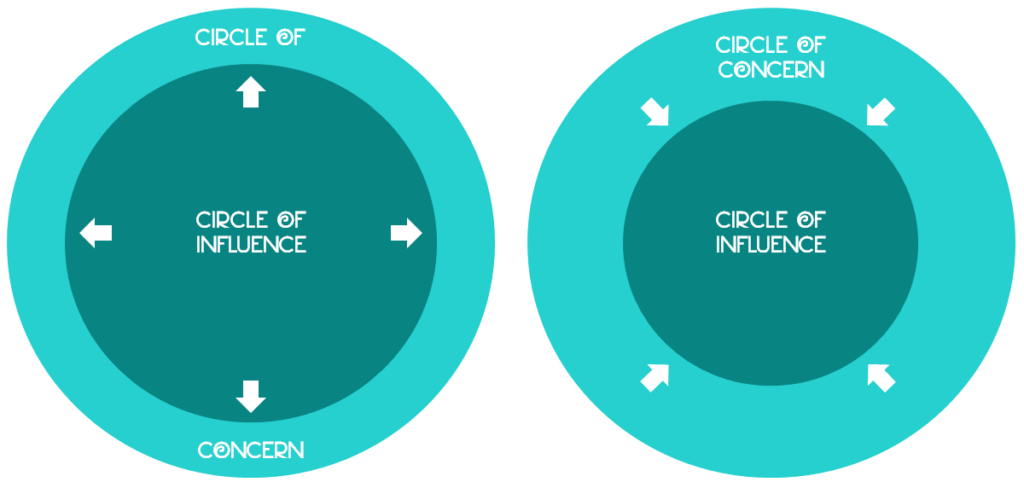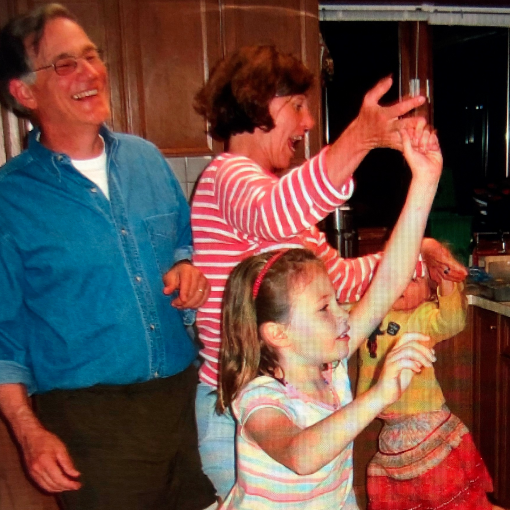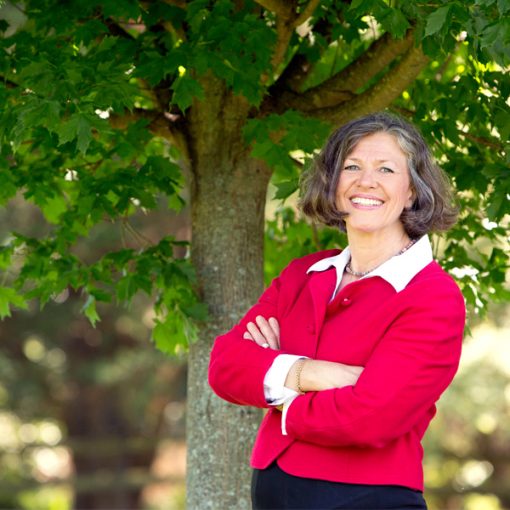I’ve been “on the road” for a while, and it feels good to settle down for a minute and reconnect with you.
I brought back a little “gift” in my suitcase from my latest trip: my very first case of Covid … Thankfully not too rough but not too smooth either. And that’s on the heels of finding out that a close family member just got diagnosed with cancer.
Sometimes … really bad things happen.
Sometimes they happen to you, sometimes to someone you know, or sometimes bad things happen to your country or somewhere in the world.
In one of the board books I used to read to my children when they were little (“We’re going on a bear hunt”), every other page had this message:
Uh-oh…
We can’t go over it.
We can’t go under it.
Oh, no!
We’ve got to got THROUGH IT!
“What’s the best way through?”, you ask?
Well, as the Challenge Coach, I have a few ideas.

For the first one I want to send you back to the last blog, which was about “riding the waves of our emotions”. Our natural human way to react to bad stuff is to go into “F” mode: Fight, Flight or Freeze.
And that creates a whole lot of emotions.
Once we’re there, there’s only one thing to do:
RIDE THE WAVES!!!
Feel the feelings. Stay open to the experience. I’m not saying it’s easy, and it’s certainly not comfortable, which is why we tend to want to clamp down. One way or the other, though, those emotions come through us. If we resist them, they will stay stuck inside, and come out at some point – usually in some form of disease (did you ever realize that the word “disease” comes from “dis-ease”?).
Last week, I was overcome with waves of Covid-coughing fits, alternating with waves of intense grief and sadness, and anger and a sense of doom and victimhood. All I wanted to do was bury myself under the covers and figure out a way to ESCAPE the feelings. Instead, I decided to get up, show up in my life, and when the waves of emotion would come, I would just breathe through them. One at a time. I would allow the sadness to erupt and I would name the feelings as they came up and hit me over the head. I just stayed with the emotions. Eventually, the waves would pass. I also found it helpful to visualize myself literally being in the ocean and hit by a wave. Somehow, I find that cathartic and cleansing (and slightly safer as a projection than a reality!).

The second tip is: focus on what you CAN do. It’s natural, in the face of hardship, to become discouraged and to focus on all the things you cannot control. The antidote is to do the exact opposite. Ask yourself: what is one thing that you CAN do right now? Action can be the remedy for hopelessness because it gives you a sense of control.
Here are some of the actions I took:
I made dinner. I called a lonely friend. I went for walks in the woods. I planted flowers. I wrote a card to a widow. I watered my plants. I vacuumed. Anything, even something as simple as emptying the trash, is better than nothing. You can read more about our circles of control here.


The third tip is about changing your perspective. In the middle of a disaster, it’s really hard to look away from the horrible reality of things and to choose to put your gaze on things that are still beautiful or things that are still good. But there are good things and beautiful things – still, and always. Close your eyes right now. Do you hear the birds singing? Do you hear the sounds of children playing and laughing? As Fred Rogers reminded his viewers: “there are always helpers”. People do come through for each other.
Last week, as I was in the middle of a panic attack about the cancer patient, I reached out to a doctor-friend of mine and inundated her with “what ifs”. She calmly, kindly, patiently, responded to each one of my questions and concerns and helped me make sense of things. But first, she thanked me for my concern on behalf of my family member. Her response reminded me that there is still good out there. She came through for me.

The fourth and last tip is to remember what we discussed in the blog on encouragement. The root of the word courage is the word “coeur”, which means heart in French. In order to get through life’s challenges, we need to hold on to our own center, our own hearts. It’s by facing difficult situations wholeheartedly that we stay whole and not let ourselves be demolished. You might get sick. Someone else might get sick. There might be a war, or a natural disaster. There might be external forces that are discouraging to us. Hold on to your heart like it is an anchor – because it is. No one can touch your heart and soul. Believing this is the essence of wholeheartedness.
And that, dear friends, is how you get “through it”.
In COEURage,

SUBSCRIBE TO THE CHALLENGE COACH NEWSLETTER
Are you ready to receive exclusive insights, tips, and strategies to help you overcome your challenges and achieve your goals? Then sign up for The Challenge Coach's Newsletter today!
As a subscriber, you'll get access to:
- Actionable tips and advice from The Challenge Coach
- Inspiring stories
- Discounts for coaching programs and products
... and much more!
Don't miss out on this incredible opportunity to stay connected with The Challenge Coach and take your personal growth to the next level. Sign up now and join our community of driven, determined, and empowered individuals:




